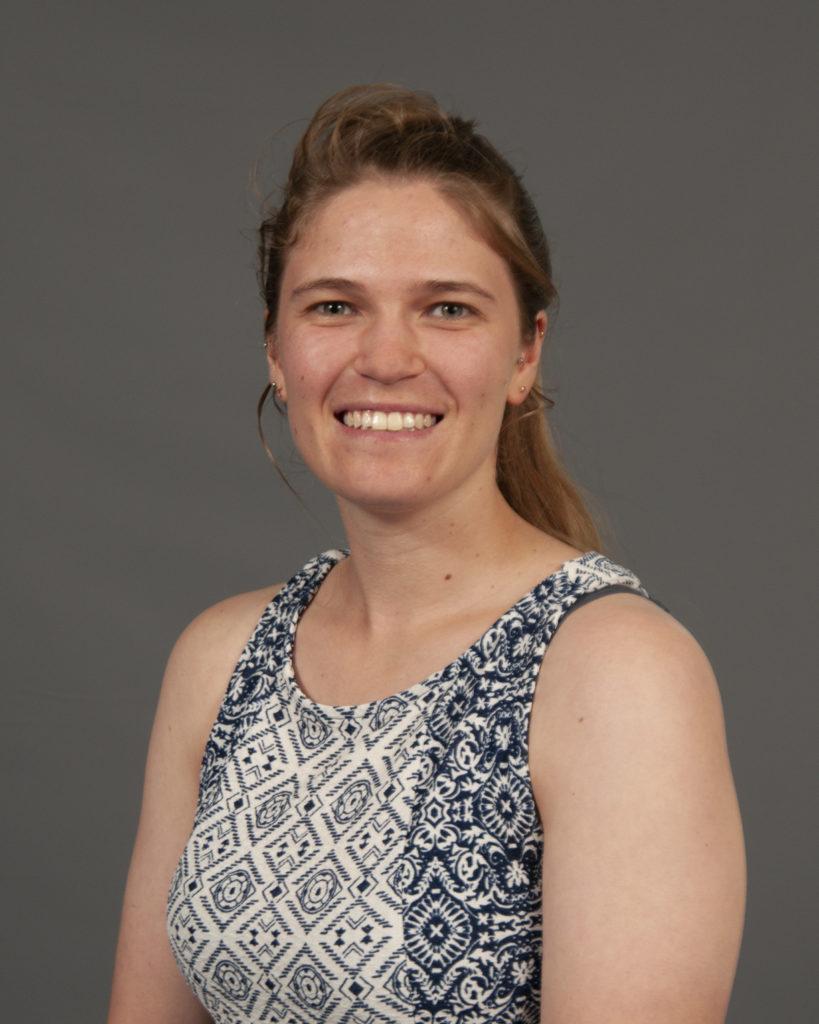
Get the latest articles delivered directly to your inbox!
Our Contributors
Class of 2022
Kyle Duke
Austin Foster
Charlotte Leblang
Ross Lordo
Class of 2021
Dory Askins
Connor Brunson
Keiko Cooley
Mason Jackson
Class of 2020
Megan Angermayer
Carrie Bailes
Leanne Brechtel
Hope Conrad
Alexis del Vecchio
Brantley Dick
Scott Farley
Irina Geiculescu
Alex Hartman
Zegilor Laney
Julia Moss
Josh Schammel
Raychel Simpson
Teodora Stoikov
Anna Tarasidis
Class of 2019
Michael Alexander
Caitlin Li
Ben Snyder
Class of 2018
Alyssa Adkins
Tee Griscom
Stephen Hudson
Eleasa Hulon
Hannah Kline
Andrew Lee
Noah Smith
Crystal Sosa
Jeremiah White
Jessica Williams
Class of 2017
Carly Atwood
Laura Cook
Ben DeMarco
Rachel Nelson
Megan Epperson
Rachel Heidt
Tori Seigler
Class of 2016
Shea Ray
Matt Eisenstat
Eric Fulmer
Geevan George
Maglin Halsey
Jennifer Reinovsky
Kyle Townsend
Join USCSOMG students on their journeys to becoming exceptional physician leaders.

Pay It Forward
We are all in medical school because of other people; not one of us made it here without relying on a support system. My family was my first support: encouraging me from a young age in academics, athletics, art and music, and inadvertently teaching me never to quit or give up. More objectively, they provided me with the resources I needed to succeed, such as five years of higher education and medical school preparatory materials. My friends were my second support: they believed in me when I didn’t, and they had absolutely no doubt I was going to get into medical school.
They provided me with care packages, texts and calls, pep talks, and unwavering support for my goals. I also had a series of faculty, physicians, and mentors who are the reason I am at UofSCSOMG today. Many faculty, whom I had built close connections with, wrote me stellar recommendations that emphasized qualities I didn’t even know I had. Physicians, who provided me with guidance in the “medical world,” and also produced lucrative summer jobs to add to my curiosity and résumé. And mentors, who were able to assist in my applications and, ultimately, my decision to receive my education at UofSCSOMG.
I think about these three groups of people often. For my family, I know I can never repay them for what they’ve provided for me. But because they are family, I know opportunities to help them in the future will be abundant. For my friends, as they continue to support me through the first two years and Step 1, I worry that I am taking too much from them. Medical school pushes us to be selfish; we have to put our studying before birthdays, weddings, and vacations. For the last two years I have received support from them, and now as I take a momentary pause before heading into third year, I yearn for the opportunity to return the unconditional support. But lastly, how do I repay the faculty, physicians, and mentors with whom I credit getting me into medical school? What do I, a third-year medical student, have to give to a physician in the peak of their career? The short answer is that I don’t have anything to give except thanks, and that is okay. You can’t always pay it back, but you can pay it forward. I can answer questions from my young neighbor who thinks he wants to be a doctor. I can edit application essays from an alumna of my college. I can advise an incoming UofSCSOMG student on housing options in the area. I can Venmo my friend $10 for a celebratory drink after being accepted into graduate school. I can help create administrative policies that are inclusive of all students at UofSCSOMG. People have done all these things for me as I started my journey to and through medical school, and I can now begin to pay it forward.
We as aspiring physicians take so much from our support systems as we progress through our careers. People do things for us that we will never be able to repay. As we acknowledge this and find the success we deserve, let’s look forward to the next generation. Let’s look around us and see who didn’t have the opportunities we did, and think how we can help them with our resources. Let’s edit essays, offer study materials, provide guidance, create nurturing environments, and push for equity in higher education. Let’s be part of the reason that another student, regardless of their current resources, becomes a successful doctor. We can’t pay everything back, so let’s pay it forward.
Charlotte Leblang is originally from Swampscott, Massachusetts and had just enough thoughts and opinions to get her through four years at a liberal arts college. A washed-up athlete, she spends her free time pushing her physical limits, watching TV, and complaining about trivial things. She’s been slowly adjusting to the Southern politeness by adding “hope you had a nice weekend” to the beginning of her emails.
Featured photo by Raychel Simpson, Class of 2020

About the Author: Charlotte Leblang
Charlotte Leblang is originally from Swampscott, Massachusetts and had just enough thoughts and opinions to get her through four years at a liberal arts college. A washed-up athlete, she spends her free time pushing her physical limits, watching TV, and complaining about trivial things. She’s been slowly adjusting to the Southern politeness by adding “hope you had a nice weekend” to the beginning of her emails.
Copyright 2021 USC School of Medicine Greenville

